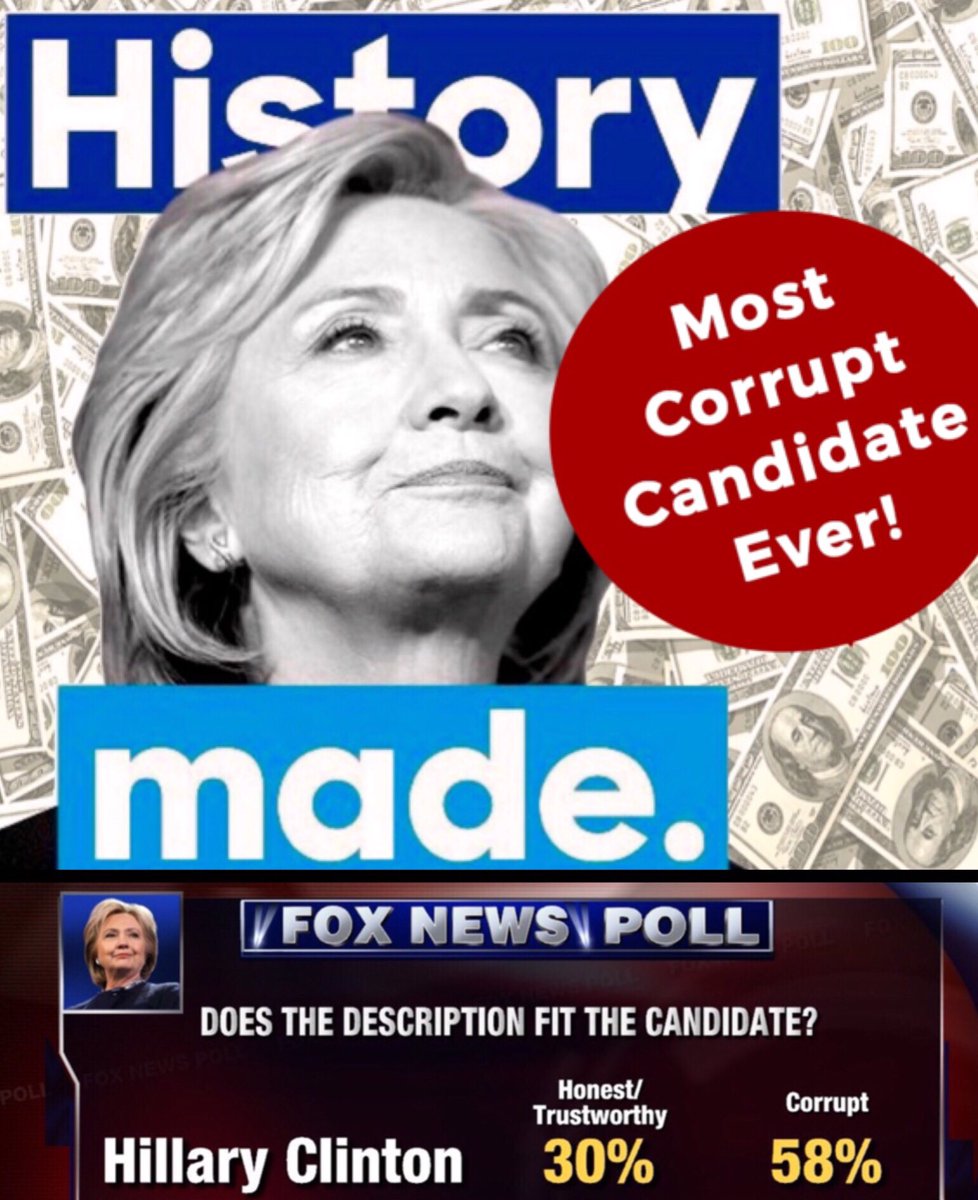Fact Checker video: Donald Trump’s far-reaching but false claim about the Iraq War
, , 2016, https://www.washingtonpost.com...-about-the-iraq-war/

Republican presidential candidate Donald Trump has repeatedly and falsely stated that he was against the Iraq War "from the beginning." As his repetitions multiply, larger and larger audiences have heard his Four-Pinnochio statement go uncorrected. (Jenny Starrs/The Washington Post)
Presumptive Republican presidential nominee Donald Trump frequently — and falsely — says he opposed the Iraq War “from the beginning,” ahead of the invasion. He uses this as a contrast to Hillary Clinton, who in 2002 voted in favor of authorization for President George W. Bush to launch an invasion if negotiations failed with Iraq over its alleged illicit weapons programs. (She now calls the vote a mistake.)
But Trump’s claim is blatantly false, and has been debunked thoroughly. We awarded it Four Pinocchios, and compiled a timeline of Trump’s comments in 2002 and 2003 about the Iraq invasion, which showed he was not vocal about his opposition prior to the invasion.
Yet Trump has been repeating it in interviews and speeches since September 2015 — to larger and larger audiences who have heard this Four-Pinocchio claim go uncorrected.
We took a snapshot look at just how far-reaching this false claim has been the past nine months.

 Donald Trump speaks during his interview with Bill O'Reilly on the Fox news talk show The O'Reilly Factor, Nov. 6, 2015. | AP Photo
Donald Trump speaks during his interview with Bill O'Reilly on the Fox news talk show The O'Reilly Factor, Nov. 6, 2015. | AP Photo 




 Donald Trump speaking June 22, 2016. (Getty)
Donald Trump speaking June 22, 2016. (Getty)
 Donald J. Trump at the Western Conservative Summit on Friday in Denver.
Donald J. Trump at the Western Conservative Summit on Friday in Denver.


 Finkowska
Finkowska







 Donald J. Trump at a campaign event this month in Virginia. A survey of his four decades of wheeling and dealing reveals an operatic record of dissembling and deception.
Donald J. Trump at a campaign event this month in Virginia. A survey of his four decades of wheeling and dealing reveals an operatic record of dissembling and deception. Mr. Trump in 2005 at the ribbon-cutting ceremony of Trump International Hotel and Tower in Las Vegas. He exaggerated about the number of units that sold in a week.
Mr. Trump in 2005 at the ribbon-cutting ceremony of Trump International Hotel and Tower in Las Vegas. He exaggerated about the number of units that sold in a week.
 The Trump National Golf Club in Westchester County. Mr. Trump embellished the cost of a membership.
The Trump National Golf Club in Westchester County. Mr. Trump embellished the cost of a membership.


 Presumptive Republican presidential nominee Donald Trump enters the stage to introduce his wife Melania on the first day of the Republican National Convention on July 18, 2016 at the Quicken Loans Arena in Cleveland, Ohio. (Getty)
Presumptive Republican presidential nominee Donald Trump enters the stage to introduce his wife Melania on the first day of the Republican National Convention on July 18, 2016 at the Quicken Loans Arena in Cleveland, Ohio. (Getty)



 Jarrett Hill
Jarrett Hill 





 NBC's Chuck Todd interviews Republican presidential nominee Donald Trump for the July 24 edition of "Meet the Press" about Tim Kaine, Bernie Sanders and his comments about NATO. (NBC)
NBC's Chuck Todd interviews Republican presidential nominee Donald Trump for the July 24 edition of "Meet the Press" about Tim Kaine, Bernie Sanders and his comments about NATO. (NBC)




